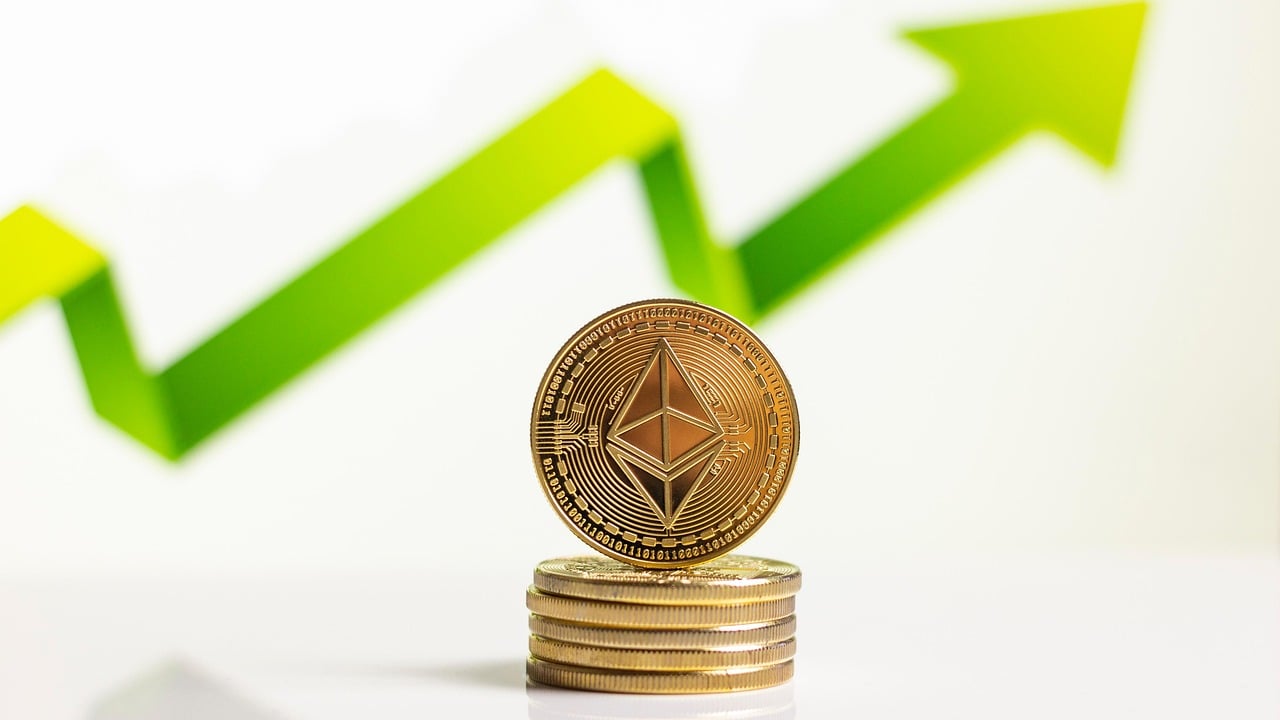Ukraine’s central bank rejects proposal to add crypto to reserves
Adding crypto to Ukraine’s reserves is not a good idea, according to the country’s monetary authority, which indicated it has no intention to support it.
Such a move may undermine the Eastern European nation’s integration with the EU and clash with IMF requirements, warned a member of the regulator’s management.
NBU turns back on crypto reserve initiative
The National Bank of Ukraine (NBU) does not back a proposal to include virtual assets (VAs) in the country’s foreign currency reserves, which it views as premature, First Deputy Governor Serhiy Nikolaychuk has made it clear.
The vast majority of cryptocurrencies remain high-risk assets, while security is the core principle of managing international reserves, the high-ranking central bank executive explained in an interview with Interfax-Ukraine, elaborating:
The official went on to list several more reasons why the NBU is not so keen on the idea, including the absence of a uniform global understanding of the essence of VAs and unified regulatory legislation governing their transactions and classification.
His comments come after a group of Ukrainian lawmakers announced in May that they are working on a bill that would allow the NBU to add cryptos to its gold and foreign exchange reserves. The draft law was filed with the Verkhovna Rada, Ukraine’s parliament, in June.
Nikolaychuk pointed out, however, that the central bank in Kyiv had not been consulted by the sponsors of the legislation.
Crypto reserves said to hinder Ukraine’s EU accession
The NBU executive further noted that adding crypto assets to Ukraine’s reserves could undermine the nation’s integration with the European Union. He told the news agency:
Serhiy Nikolaychuk was clearly echoing statements like one by ECB President Christine Lagarde, who said she was “confident that cryptocurrencies like Bitcoin will not enter the reserves of any of the central banks of the [ECB’s] General Council.”
Lagarde made the remark after having what she described as a “good conversation” with Czech National Bank (CNB) Governor Aleš Michl earlier this year. He had previously suggested studying the idea of diversifying the Czech Republic’s reserves with crypto investments.
Michl, who later won the prestigious central bank “Governor of the Year” award, admitted that in time crypto holdings can be worth “either zero or a huge amount,” due to price volatility.
In general, European political and financial leaders have failed to embrace one of the initiatives that helped bring U.S. President Donald Trump back to power in Washington – the promise to create a strategic Bitcoin reserve, which he fulfilled after his election.
According to Nikolaychuk, the proposed legislative changes to allow the NBU to keep crypto in reserve would also go against the requirements of the Technical Memorandum under Ukraine’s Extended Fund Facility (EFF) with the International Monetary Fund (IMF).
In August, the chairman of the parliamentary committee on finance, taxation, and customs policy, Danylo Hetmantsev, told the Ukrainian News website that the Rada was not planning to adopt the crypto reserve bill. The lawmaker was quoted as stating in an interview:
The draft law’s provisions do not oblige but rather grant the central bank the power to acquire cryptocurrencies for Ukraine’s reserves, if it so chooses.
The former Soviet republic, which became the target of a full-scale invasion by neighboring Russia in 2022, has seen a spike in crypto usage since the NBU restricted financial transactions to prevent capital flight during the war.
According to a recent report by a leading U.K. think tank, the country, which is yet to comprehensively regulate its market for virtual assets, is losing billions of U.S. dollars as a result of crypto-related crime.
Get seen where it counts. Advertise in Cryptopolitan Research and reach crypto’s sharpest investors and builders.
You May Also Like

Ether Machine: treasury at 495,362 ETH towards the IPO

U.S. manufacturing has contracted for six consecutive months as of August 2025
